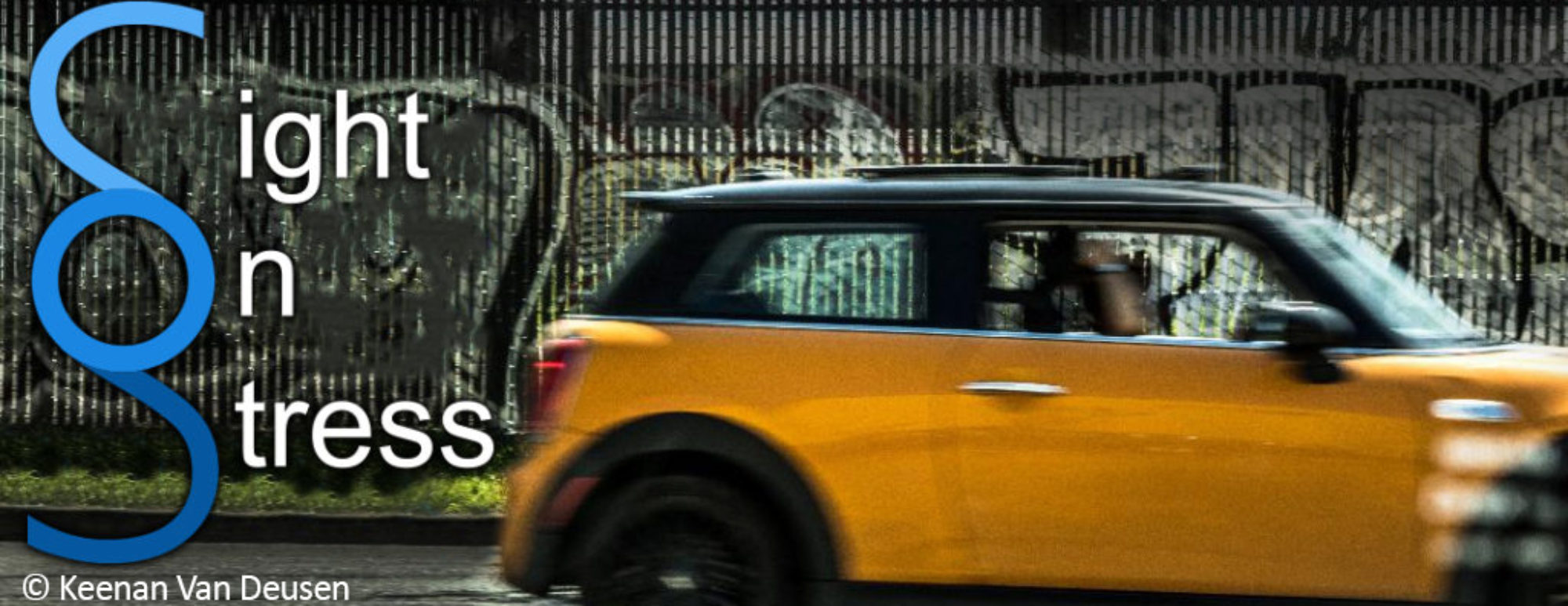7 Tips To Navigate This Unique Time

My son’s school closed today because of Coronavirus. It’s one of many in Seattle as the coronavirus scare continues to threaten the wellbeing of our children, our elderly and ourselves. Other than the fact that his baseball season is suspended, he’s not too put out by the decision.
Online learning is a bit novel right now and being home, especially while his parents are working, is kind of cool. To me, though, it feels a bit eerie. It’s not just that my son’s school closed, it’s that the streets of Seattle are uncannily empty as Microsoft, Amazon, Google and Facebook employees work from home and students of the University of Washington and Seattle University study from their apartments or dorm rooms instead of going to class. And then there are those who are self-quarantined. It’s a bit apocalyptic as we all wait, wondering if Covid-19 will get us.
“As if we haven’t had enough stress, now this”, one client says. He’s right. Those of us living in the US have been swimming upstream for a while now. Foreign attacks on our elections, threats from Kim Jon Ung, outed sexual predators in our television and film industry, impeachment hearings run amok, just to name a few of the recent dramas and traumas. Now a highly contagious virus for which there is no vaccine or treatment. Many are anxious, tired and struggling to find the light at the end of the tunnel. Some hang their hat on the upcoming election, hoping the democratic nominee will win; others focus on their “to-do” lists to keep their minds off the bigger problems.
But what else can we do in times like these? Well, as I discuss in my book, Stressed in the U.S.: 12 Tools to Tackle Anxiety, Loneliness, Tech-Addiction and More, take a few minutes to think about what is important to you. Likely, many of you will think of your relationships, happiness and, perhaps, health as stories of Covid-19 abound.
Here are a few tips to increase your physical and emotional health, create connection in relationship and generate feelings of wellbeing in the face of Coronavirus:
- Take care of your immune system by eating a vegetable rich, low sugar diet.
- Exercise to increase telomerase—the enzyme needed to keep our chromosomes protected.
- Breathe slowly and deeply. Intentional breathing can calm the nervous system and center you.
- Take a break from the news. While staying informed is important, the news can deluge you and leave you feeling agitated or down. Make sure to turn off news notifications on your phone so you can consult the news when the time is right for you instead of endlessly scroll through story after story.
- Rest your body and your mind. Lie down and bring your attention to the natural flow of your breath as it manifests in the gentle rise and fall of the chest.
- Help others. If you’re sick, stay home so as not to expose others. If a friend, family member or neighbor is worried, surprise them with a check in phone call, send them an uplifting book or offer to pick something up from the store for them.
- Take a break from tasks and look up at the sky. Notice its vastness and beauty, no matter the weather. Simply noticing a natural wonder can bring a sense of belonging and wellbeing.
Coronavirus Reminds Us What’s Important: Conclusion
Times like these call for contemplation. How can we make life go better? How can we contribute to our community when it is suffering? How can we increase connection with other human beings when we’re supposed to keep our distance from them? How can we take better care of ourselves? Take some time today to slow down and ask yourself these questions. Listen with intuition, to the answers.
After day one of no in-person classes, my son recognizes the simple pleasures in life. When asked what he most wants right now, the answer is “good food and friends”. Maybe this latest crisis can help us all think of what really matters in life.
If you enjoyed reading Coronavirus Reminds Us What’s Important you might also be interested to read:
- Five Things To Do When Feeling Defeated and Overwhelmed
- How the Tao Helps Us Navigate Stress
- Help Relieve Stress By Cultivating Hope
Dr. Van Deusen received her PhD in Clinical Psychology from the California School of Professional Psychology in Los Angeles in 1992. She has cultivated deep knowledge of attachment theory and stress and has worked with various populations over her two and a half decade career. Her practice is in Seattle, Washington. Buy her book Stressed in the U.S.: 12 Tools to Tackle Anxiety, Loneliness, Tech-Addiction and More here

